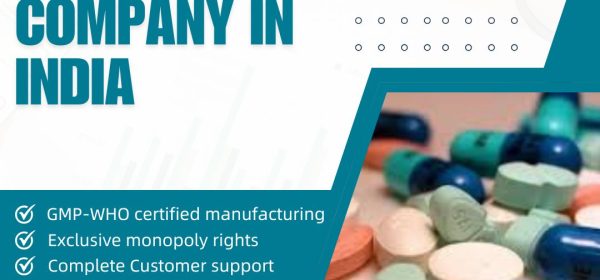A Medical Representative often called MR is a professional who represents a medical or pharma company to promote or sell medical products to doctors, pharmacy owners, wholesalers, or even druggists.
They act as a bridge between pharmaceutical companies and healthcare providers. Medical representatives (MRs) are the face of their company, promoting products and making sure healthcare providers know the benefits, uses, and correct way to use different drugs.
This blog will explore the role of medical representatives and why they are important in the pharmaceutical industry.
What are Medical Representatives?
The role of a medical representative is to create demand for existing pharma products and help launch new ones, making sure these products are available at stores and distributors. Being a medical representative is a challenging job.
They represent the entire company in their assigned area. Their main job is to give healthcare professionals important information about medications, like their benefits, side effects, and how to use them, so these providers can prescribe them to patients.
MRs play a key role in the pharmaceutical industry because they help raise awareness and increase sales of new drugs and treatments.
Role of A Medical Representative In Pharma
A medical representative’s job involves various tasks that extend beyond just promoting products. Their responsibilities typically include:
- 1 Promoting Pharmaceutical Products
MRs explain the composition, benefits, and side effects of products to healthcare providers. Knowledgeable about current products, the MR helps doctors make informed choices. This also involves analysing trends within the pharmaceutical industry to anticipate demand shifts or opportunities for new products.
- 2 Building and Maintaining Relationships
Medical representatives focus on establishing trust with healthcare professionals through regular interactions. Building a strong network allows them to understand the needs of healthcare providers and cater their product information to those specific requirements.
- 3 Conducting Product Demonstrations
Medical representatives may be called upon to demonstrate how to use specific medical devices or explain the proper administration of a medication. This hands-on approach helps healthcare providers understand the product better, which can lead to more informed recommendations.
- 4 Providing Feedback to the Pharma Company
One of the crucial roles of medical representatives is to gather feedback from healthcare professionals about their products. This feedback can be invaluable for improving products, refining marketing strategies, and understanding market demand. Companies often use this information for product development or modifications to existing offerings.
- 5 Record of Performance
Being a medical representative is a challenging job. They represent the entire company in their assigned area and must keep a track record of their performance to show their progress and achievements over time.
- 6 Staying Informed on Medical Advances
Medical representatives need to stay updated with the latest medical research, pharmaceutical innovations, and competitor products. This knowledge not only helps them position their products effectively but also enables them to answer questions confidently and provide reliable information.
Skills Required for a Medical Representative
To succeed as a medical representative, several key skills are necessary:
Communication Skills
Effective communication is at the heart of a medical representative’s role. They must be able to explain complex scientific information in a simple and clear manner that healthcare professionals can easily understand.
Knowledge of Medical Terminology
A strong understanding of medical terminology and pharmacology is crucial. It enables medical representatives to accurately convey the effects and benefits of pharmaceutical products, and it helps them earn the trust of healthcare professionals.
Sales and Negotiation Skills
Although medical representatives aren’t typically selling directly, they still need to be persuasive and convincing. Developing strong sales techniques helps them encourage healthcare professionals to choose their products over competitors’.
Organizational Skills
Medical representatives often have numerous clients, territories, and products to manage. Strong organisational skills are essential for keeping track of appointments, managing time effectively, and ensuring they provide equal attention to all their clients.
Persistence and Resilience
This role can be challenging, with frequent rejections and a highly competitive environment. Persistence and resilience help medical representatives stay motivated and driven even when facing obstacles.
Adaptability
The pharmaceutical industry is dynamic, with frequent changes in product regulations, market trends, and healthcare policies. Being adaptable ensures that medical representatives can adjust to new situations quickly and stay relevant in the field.
Bottom Line
We hope this blog has provided you with a clear understanding of what medical representatives do and the responsibilities they handle. If you’re considering a career as a medical representative, it’s a promising path within the pharmaceutical industry with strong growth potential.
Partnering with a respected company can make all the difference in achieving success. Cinerea Biotech offers the support and resources to help you excel in this role. Reach out to us and start your journey toward a fulfilling career in pharma with Cinerea Biotech.



